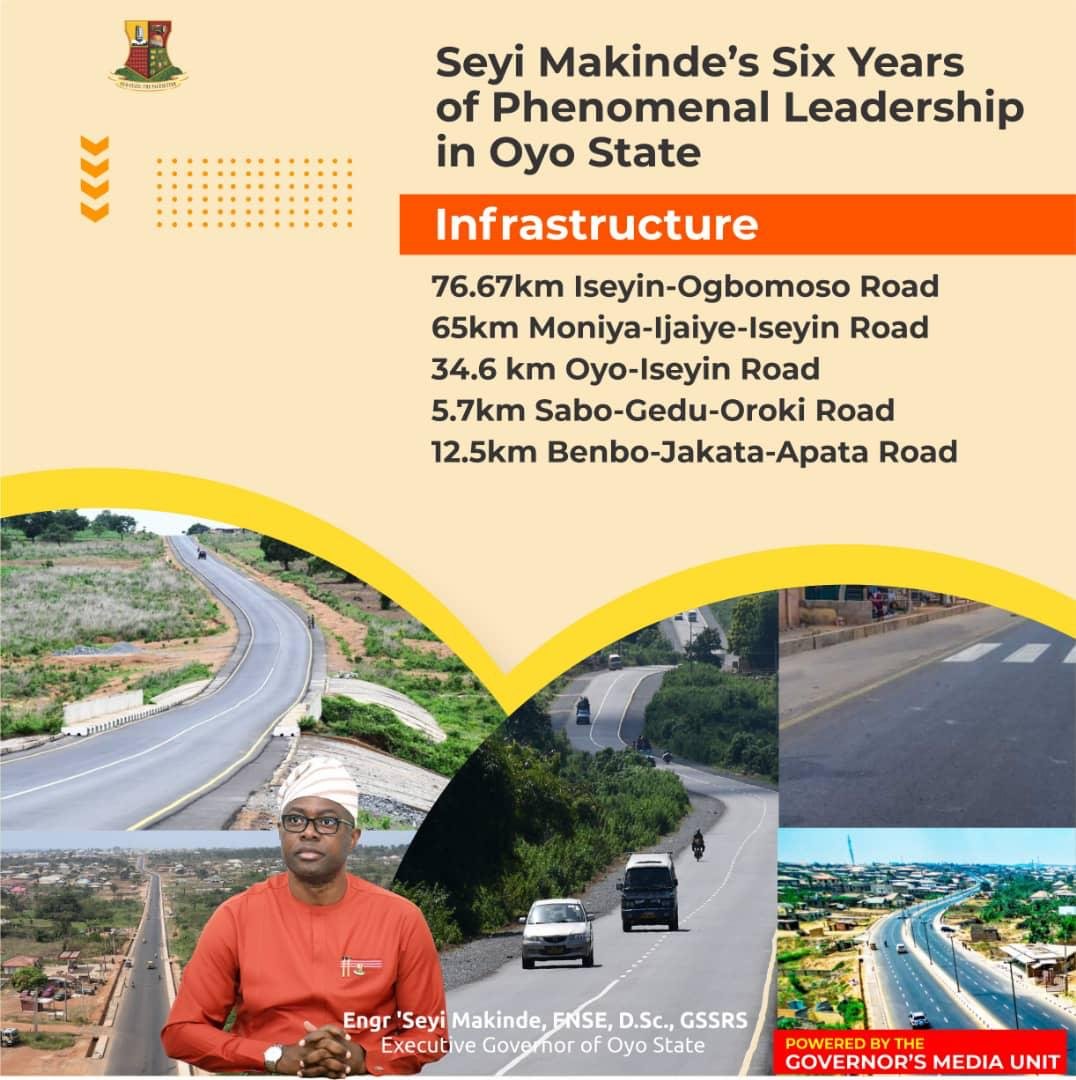Nigeria still practices ‘the politics of ‘bigmanism’: where money bags, power brokers, fixers, influencers, gangsters, and godfathers are considered to exert considerable influence on who gets what when, and how. From the first republic through the various military incursions down to the 4th republic, Nigeria has witnessed the rise and fall of powerful people whose cough alone can send shivers down the spines of the country.
In some quarters, these highly networked and enormously connected people are equally called the ‘owners of Nigeria’. In effect, the acclaimed owners of Nigeria are household names in the country with contacts, and connections scattered across the curves and contours of African most populous country.
In a way, they are former heads of state or highly powerful members of some exclusive groups in the country. They sit on top of the country’s resources and enrich their cronies and acquaintances with mirthful recklessness. They are the movers and shakers of politics, polity, and politicking. In government, they are the ‘cabal’. Outside of it, they are the pseudo-power wanting to be super-power. But owners of the country are not just the political class, the business class as well as some traditional and religious leaders also fall within this category of enormously powerful people.
They have held the country to ransom, dispensing fortunes and misfortunes at wills. They are the ‘Oga at the top’. The wild cats with nine lives. But the powerful are also humans. Like the rest of the poverty-stricken people they hound, tragedy, misfortunes, and setbacks also befall them.
Meaning, they are humans, too. Like the saying, the rich also cry. Today, the few wealthiest people in the country have amassed riches and affluence to the detriment of the millions of people languishing and wallowing in multidimensional poverty. To be clear, the bulk of lifting people out of the shackles and manacles of poverty still falls squarely on the government but how do you explain a resource-rich country and poverty-laden people?
The last election in Oyo state has been described as a triumph of people’s power over powerful people. The assertion is simple: a section of Oyo’s most powerful people led by former governor Rashidi Ladoja backed a candidate who turned out to lose the election. Proponents of that assertion opined that the power brokers are either envious of the sterling performance of the governance or bittered that he abandoned them after riding to power through the influence.
Exclusively and extensively, I have written about the decline of powerful people in Oyo state. In most cases, powerful people are the reason democracy is the reverse. Findings have revealed that they work against the system that offers people incredible choices. When you have people who can influence and tweak the choices of the people without batting an eye, know that the real objective of democracy is defeated already. In Nigerian politics, there are no saints.
People should be careful when dealing with people who appear to know all the answers to their problems. But politics, like most romantic relationships, are built on false hope and feelings. Governor Makinde must have dislodged the current power brokers at the just concluded poll, be assured that those power brokers will come back in the next poll to haunt and hunt their perceived enemies. Defeat as we’ve seen in the previous breakneck and breathtaking elections only serve to prepare those who lost out in power play for future battle.
OYO101 is Muftau Gbadegesin’s opinion about Issues affecting Oyo state, published on Saturdays. He can be reached via @TheGMAKing on Twitter, muftaugbadegesin@gmail.com and 09065176850




































